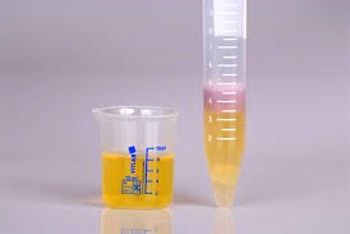
Urine tests effectively screen for HPV, but more data is needed to determine whether they can correctly diagnose cervical disease.

Urine tests effectively screen for HPV, but more data is needed to determine whether they can correctly diagnose cervical disease.

Look no further: The North American Menopause Society has issued recommendations that offer the latest information for managing a woman's health through menopause.
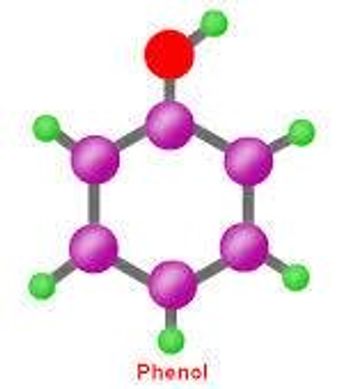
Exposure to two common phenols, parabens and triclosans, may disrupt the growth of boys in utero and during their first years of life.

Are women with early-stage unilateral breast cancer misinformed about the survival benefit of removing both breasts vs lumpectomy with radiation?

Just in case your patients ever ask, wearing a bra is in no way associated with breast cancer risk.

Be it Pap tests, HPV tests, or both, cervical cancer screening is important. This article explores screening paradigms and offers a glimpse of what's to come.

An analysis of data from 46 states and the District of Columbia shows that the level of Medicaid reimbursement for office visits has an impact on likelihood of patient screening with Pap tests and other diagnostics for cancer.

A malpractice case hinges on an expert witness's testimony that a growing fibroid was not suspicious for cancer.

Despite earlier observational studies, bisphosphonate treatment for 3 to 4 years appears not to decrease the risk of invasive postmenopausal breast cancer, according to a new study in JAMA Internal Medicine.

According to a new study in Cancer Epidemiology Biomarkers & Prevention, brisk walking or vigorous exercise may help reduce risk of breast cancer in African-American women.

Avastin (bevacizumab) has been approved to treat patients with persistent, recurrent, or metastatic cervical cancer by the US Food and Drug Administration (FDA).
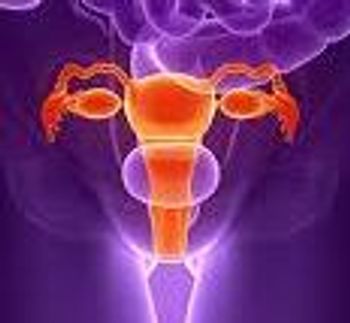
Eradicating morcellators is riskier than using them, says the AAGL in a statement for why these minimally invasive devices should not be abandoned.

The FDA has approved bevacizumab (Avastin) for treating persistent, recurrent, or metastatic cervical cancer after studies show gains in overall survival.

A National Cancer Institute-funded case control study suggests that some current formulations of oral contraception (OCs) may increase risk of breast cancer.

Mutations in the PALB2 gene may be associated with a significant increase in the risk of breast cancer, according to a recent study in The New England Journal of Medicine. PALB2 binds to BRCA2-a gene that confers increased lifetime risk of developing breast or ovarian cancer-and likely permits its stable nuclear localization and accumulation.

According to a recent study in Radiology, women older than age 75 may still derive benefits from mammography screening.

A large insurance company has decided to no longer cover laparoscopic power morcellation. Is this the beginning of the end of power morcellators?

The best-ranked hospitals for gynecology have once again been listed by U.S. News & World Report. We noticed a trend-observational only-and want to know what you think.
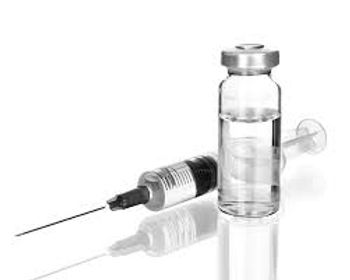
The optimal time to get the HPV vaccine is before a first sexual encounter. But getting the vaccine after still offers significant protection against cervical dysplasia.

An analysis of minimally invasive hysterectomies performed at multiple institutions over a 7-year period shows that one in every 368 women who underwent morcellation had uterine cancer. According to the investigators, the study also reveals an association between advanced age and increasing prevalence of underlying cancer and endometrial hyperplasia in these patients.

The morcellation controversy heats up as physicians all over the world who use Ethicon power morcellators are being asked to return the medical devices.

Spending on screening mammography has increased 44% ($296 million) in 8 years, without a corresponding increased benefit of earlier detection of breast cancer.

New recommendations against routine pelvic exams in adult women with no symptoms have been issued by the American College of Physicians. What do you think?
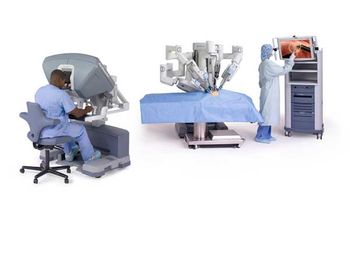
New minimally invasive robotic surgical techniques may offer some benefit to patients, but only once surgeons pass the learning curve.

Obstetricians agree they should have a role in reducing pregnant women’s exposure to environmental toxins, but most fail to discuss the subject with patients.